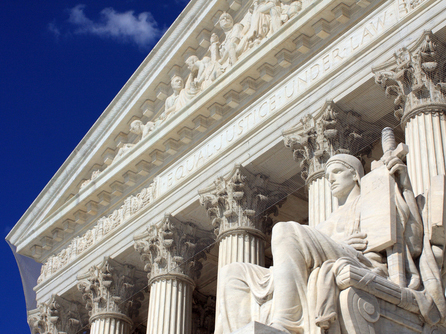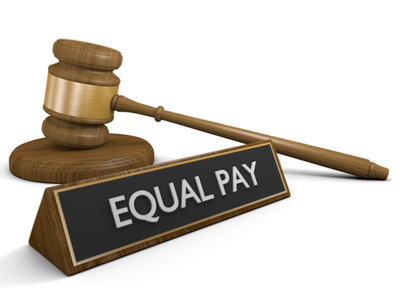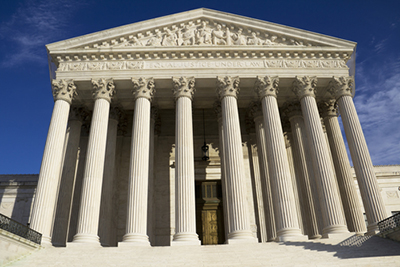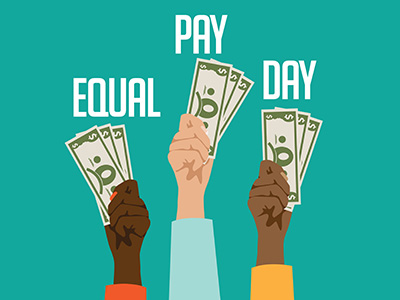On June 3, 2019, the United States Supreme Court issued its decision in Fort Bend County, Texas v. Davis, resolving a circuit split regarding whether Title VII’s charge-filing requirement with the Equal Employment Opportunity Commission (“EEOC”), or equivalent state agency, is jurisdictional. The Supreme Court ruled unanimously that Title VII’s charge-filing instruction is not jurisdictional; rather, it is a procedural prescription which is mandatory if timely raised, but subject to forfeiture if tardily asserted. READ MORE
Use It or Lose It: SCOTUS holds that EEOC Charge-Filing Requirement Is Forfeited If Not Timely Asserted











